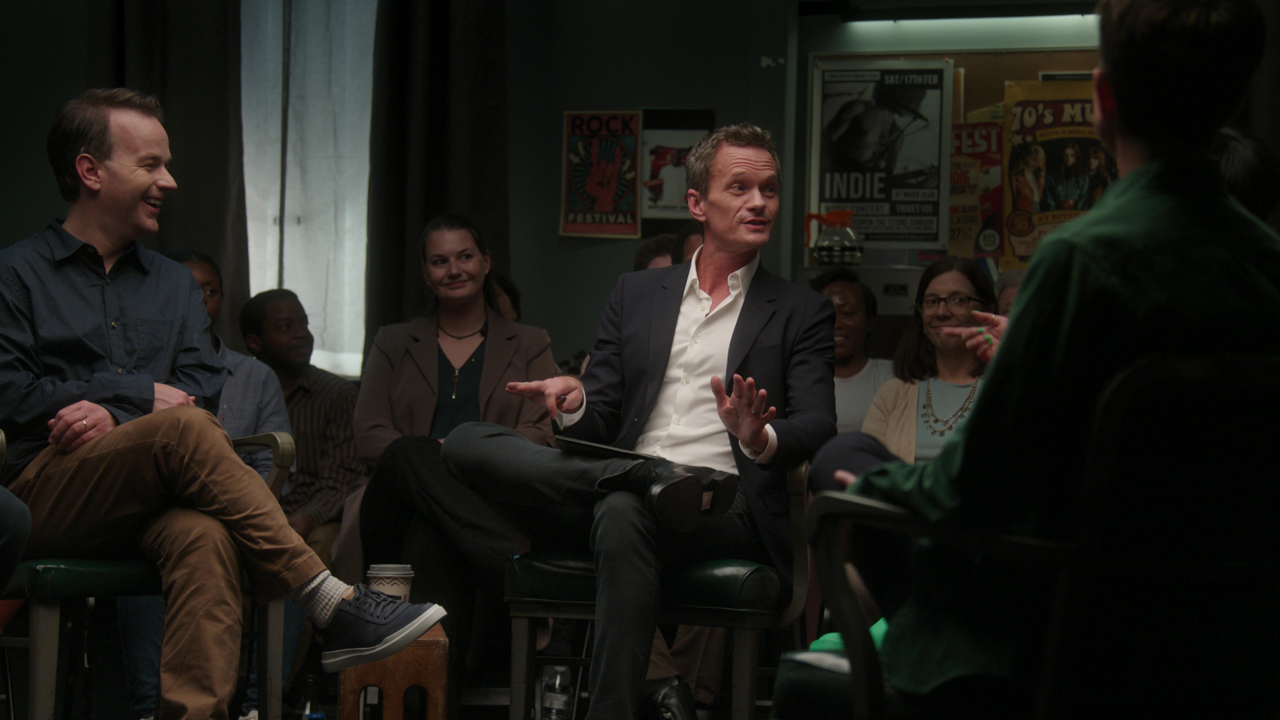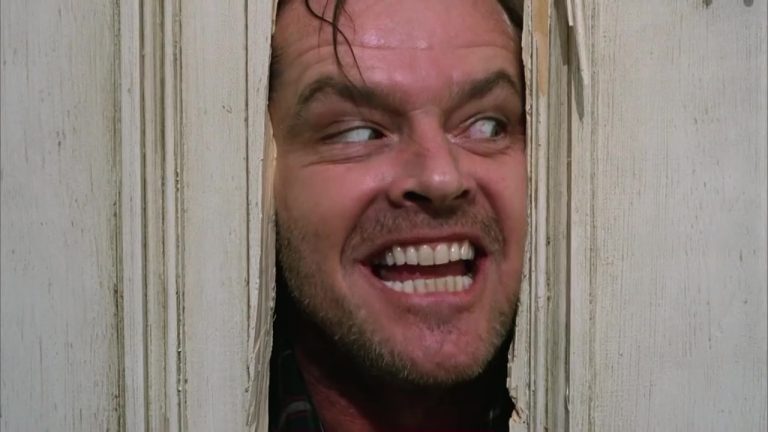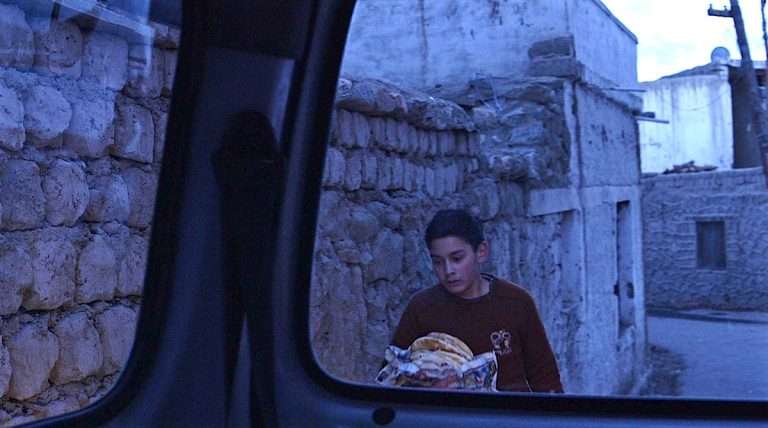Neil Berkeley’s “Group Therapy” has the simplest of conceits. A group of well-known comedians come together for a set of conversations moderated by Neil Patrick Harris. The idea is to talk candidly about mental health and situate, for a while, an arena of redressing or at least addressing their individual discomforts. In the conversations among the subjects, there is honest, searching introspection peeking inwards as well as a mutual reaching out across the binds of prejudice, shame, and a gamut of personal angst. This examination is geared to the personal and collective in ways that seek to erase the stigma and engender an open dialogue. Berkeley’s film emphasizes that conversations need not be therapy.
Autobiographical comedy is vividly dissected. How does the comedian ensure he/she isn’t laying personal issues on the audience instead of actively providing them with something constructive and healing? It is a tightrope, and maintaining the balance isn’t one with sharp delineations. The lineage of this particular style and brand of comedy and how much it owes to Richard Pryor is directly acknowledged.
All sorts of difficult conversations, from navigating loss to straddling a series of crushing troughs, are broached. While Atsuko Okatsuka connects her type of deadpan comedy to her family background, Nicole Byer details the onslaught of racist mechanisms she faced, especially being asked to adhere to a certain kind of ‘blackness’ of behavioral stereotypes popularised through television and media. They don’t deny but reaffirm how much they riff on their circumstances to buttress and create new sketches.
Though they leaven the grimness of the topics consistently with dollops of humor and lightness, the conversations are often gut-wrenching. The pain they have endured is immense and myriad. Many of them haven’t allowed it a due space of articulation and discussion. Their art has been the conduit through which they have let off some of the steam. But does such individual recourse, tucked into privation and evasion, have the ultimate balm?

A sense of community that comes through the conversations sans any judgment is stronger, reassuring, and capable of alleviating the loneliness of private battles. The room for listening, empathy, and well-engaged confession is expansive and generous. Experiences are varied. Each has had to grapple with a unique, specific set of hurdles in inching closer to ambition. However, the desire for success and gaining an audience may be sheathed against darker corners of one’s soul. Shielding against despair and desolation is affected through the stand-up.
The film doesn’t employ any flashy techniques, opting to be fairly grounded and straight-faced about what it wants to shine a light on. Cutting between the discussions moderated by Harris, with and without an audience, and the comedians’ individual sketches, “Group Therapy” is measured and modest in scope. But the lack of daring in its design doesn’t impede the film from achieving a deeply resonant connection with anyone watching. It is a place of raw sincerity and purity we are ushered to through the patchwork of reminiscences. It is unvarnished, immediate, and frequently aching. None of the subjects conceal the mighty struggle their journeys have been.
As they reveal their scars to one another, reposing trust, which is repaid with a lot of warmth and attention, some of them melt away. It’s an emotional shelter rained upon with equal parts pathos and comic exhalations. The two are inseparable in the hands of the comedians, grafting from tragedies a wellspring of joy and communion. The mutual listening, acting as a salve, is affectionate, respectful, and wholly attuned to validating each one’s personal hardships. Funneling through vulnerability and hurt, “Group Therapy” is uplifting, funny, and profoundly moving.







![Lookback on Scorsese: Mean Streets [1973]](https://79468c92.delivery.rocketcdn.me/wp-content/uploads/2018/03/Mean_Streets_2_HOF-768x432.png)